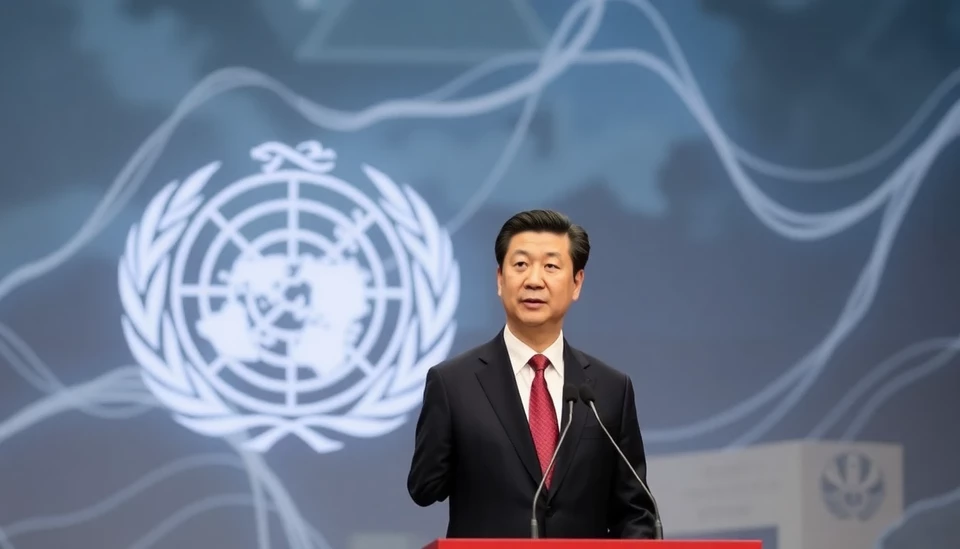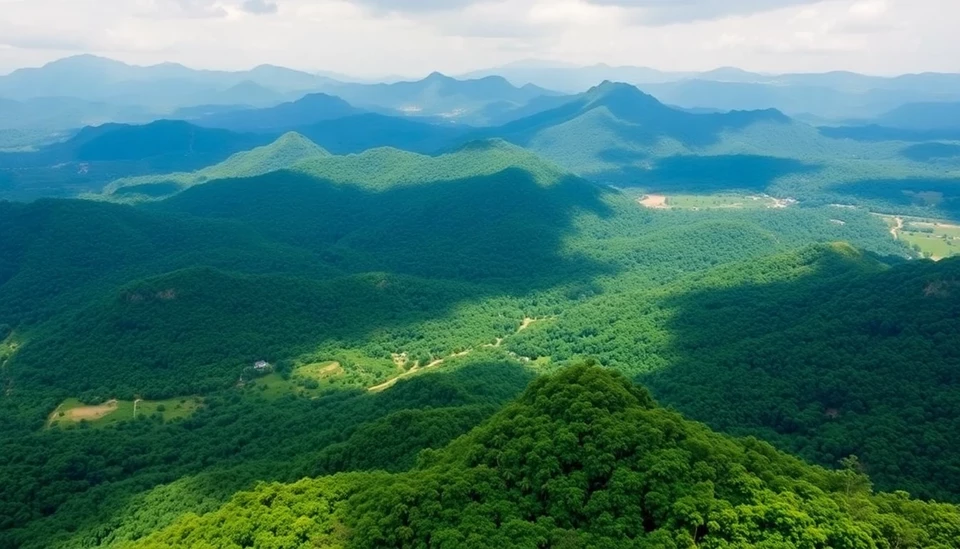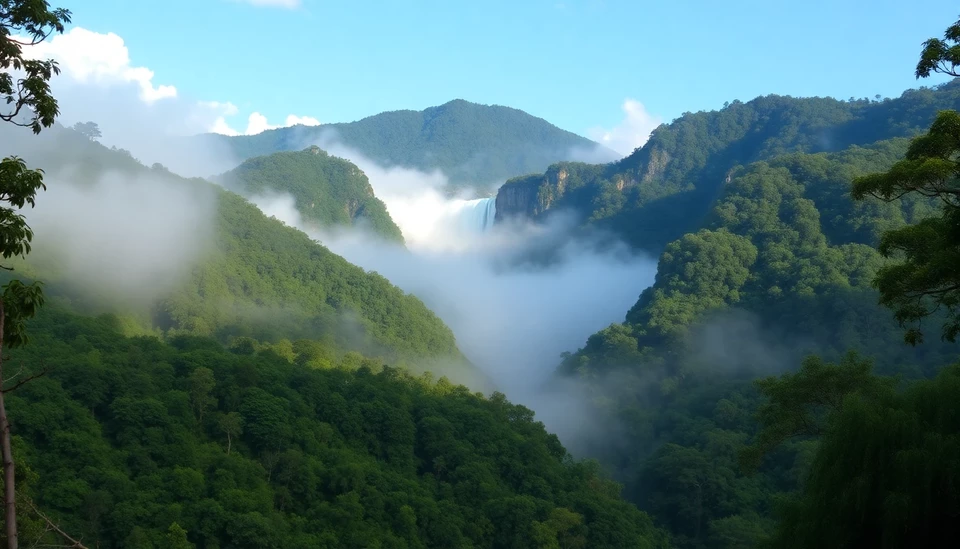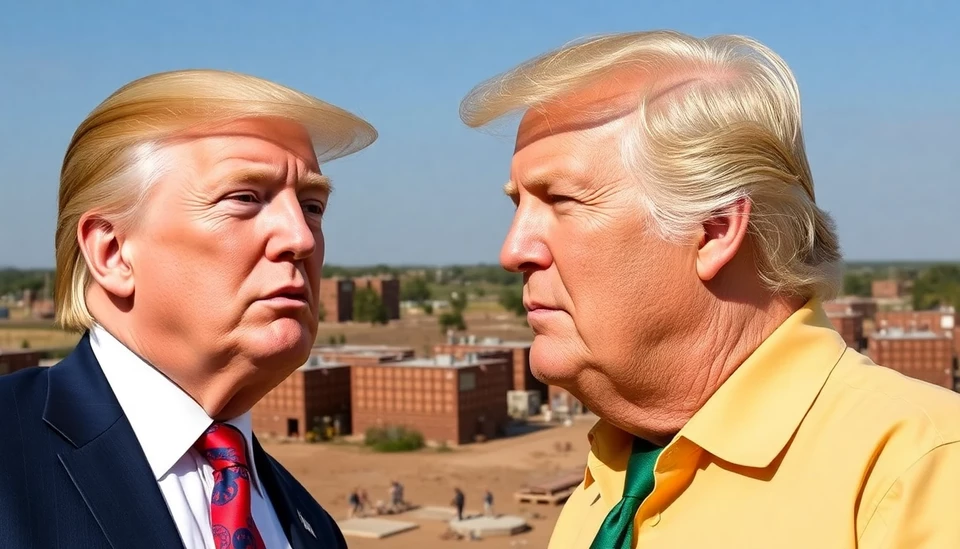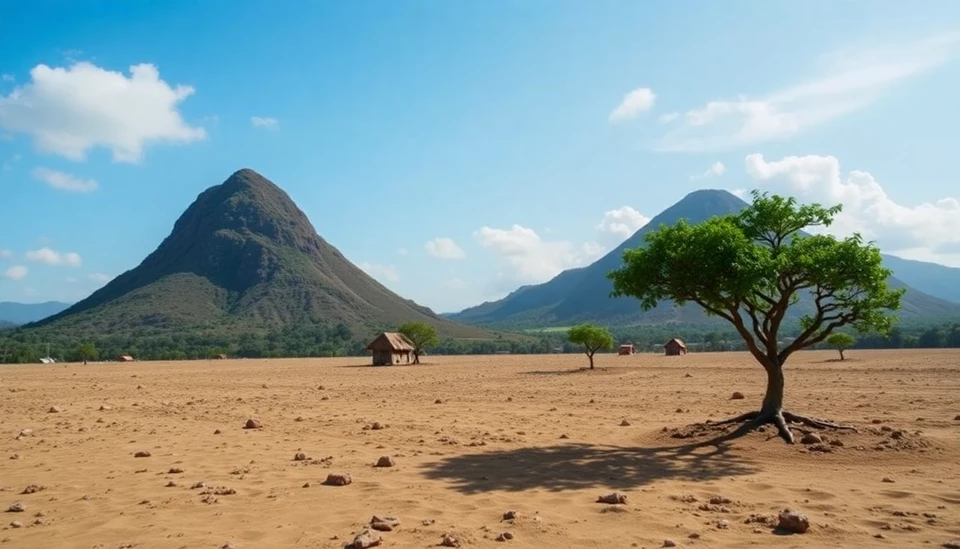
As world leaders and climate advocates gear up for COP29 in the United Arab Emirates, Brazil is already setting its sights on hosting COP30 in Belem in 2025. With an ambitious agenda aimed at bolstering international cooperation on climate change, the Brazilian government is prioritizing sustainable development and environmental protection as it prepares to welcome delegates from around the globe.
Brazil's Minister of Environment and Climate Change, Marina Silva, announced key initiatives intended to highlight the nation’s commitment to addressing global warming and promoting biodiversity. The choice of Belem as the host city plays a significant role; it is located at the heart of the Amazon Rainforest, a critical zone that significantly influences the earth’s climate system.
“We want COP30 to be a platform for dialogue, cooperation, and concrete actions against the climate crisis,” Silva stated during a press briefing. The Brazilian government aims to leverage its vast natural resources and rich biodiversity to lead discussions on responsible use of ecosystems. Experts believe that the unique ecological attributes of the Amazon can provide essential insights into sustainable practices and climate mitigation strategies.
Environmental observers are particularly interested in how Brazil plans to engage indigenous communities in the discussions. Indigenous peoples have a deep-rooted relationship with the Amazon and play a crucial role in protecting its biodiversity. The government has expressed its intent to ensure that these communities have a seat at the table, highlighting their contributions as stewards of the land.
In preparation for hosting this significant climate meeting, Brazil is working to improve its domestic policies on deforestation and emissions reduction. The country has recently reaffirmed its commitment to halting deforestation in the Amazon by 2030 and achieving net-zero emissions by 2050. Silva emphasized that achieving these goals will support Brazil’s broader strategy to present a more favorable international image regarding environmental stewardship.
Brazil’s focus at COP30 will also include compelling economic arguments for climate action. The government is expected to propose new financing mechanisms aimed at supporting developing nations in their climate efforts. This includes highlighting the importance of sustainable agriculture, reforestation, and conservation initiatives that can open up new avenues for green job creation.
As Brazil gears up for this pivotal role in the climate conversation, environmentalists and leaders around the world are watching closely. COP30 has the potential to be a turning point in international climate negotiations, particularly in addressing the needs and concerns of developing countries that often bear the brunt of climate change while contributing the least to its causes. With ambitious plans in place, Brazil could emerge as a key player in re-establishing global commitments to climate action.
As discussions at COP29 unfold, it will be essential for global leaders to keep in mind the collective responsibility shared by all nations in tackling climate change, ensuring that initiatives from Brazil spark inspiration and collaboration worldwide.
#COP30 #Brazil #ClimateChange #SustainableDevelopment #AmazonRainforest #ClimateAction #EnvironmentalProtection #IndigenousRights
Author: Sophie Bennett
